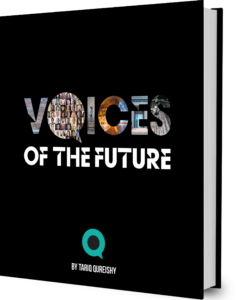Dr. Mark Esposito is a luminary at the intersection of economics, strategy, and the future. In our conversation, he unfolds our future, offering an insightful exploration into the themes of technological transformation, human-centric systems, and the architecture of tomorrow’s global systems.
As a distinguished figure in the discourse of the Fourth Industrial Revolution, he plays a pivotal role across global academic and advisory capacities, including his work with the World Economic Forum and various national governments.
His extensive academic engagements span prestigious institutions like Hult International Business School, Harvard University, Georgetown University, and Mohamed Bin Rashid School of Government in the United Arab Emirates, where he imparts his expertise on economics, strategy, and foresight. Dr. Esposito’s influence extends into the realms of innovation and sustainability, recognized by Thinkers50 and Thinkers360. At the same time, his authorship enriches the dialogue on emerging economies and artificial intelligence, contributing significantly to understanding the future’s unfolding landscape.
Dr. Esposito has significantly contributed to academic and industry literature with over 150 publications and 13 books, including two Amazon bestsellers, ‘Understanding How the Future Unfolds’ and ‘The AI Republic.’ His recent work, ‘The Great Remobilization: Strategies and Designs for a Global Smarter World,’ delves into the impacts of the Fourth Industrial Revolution and strategies for a smarter global future. His academic achievements are crowned by a doctoral degree from Ecole des Ponts Paris Tech, highlighting his distinguished career in business and economics. Currently, Dr. Esposito is a Professor of economic strategy and foresight. He teaches across institutions: Harvard International Business School, Harvard University, and Georgetown University.

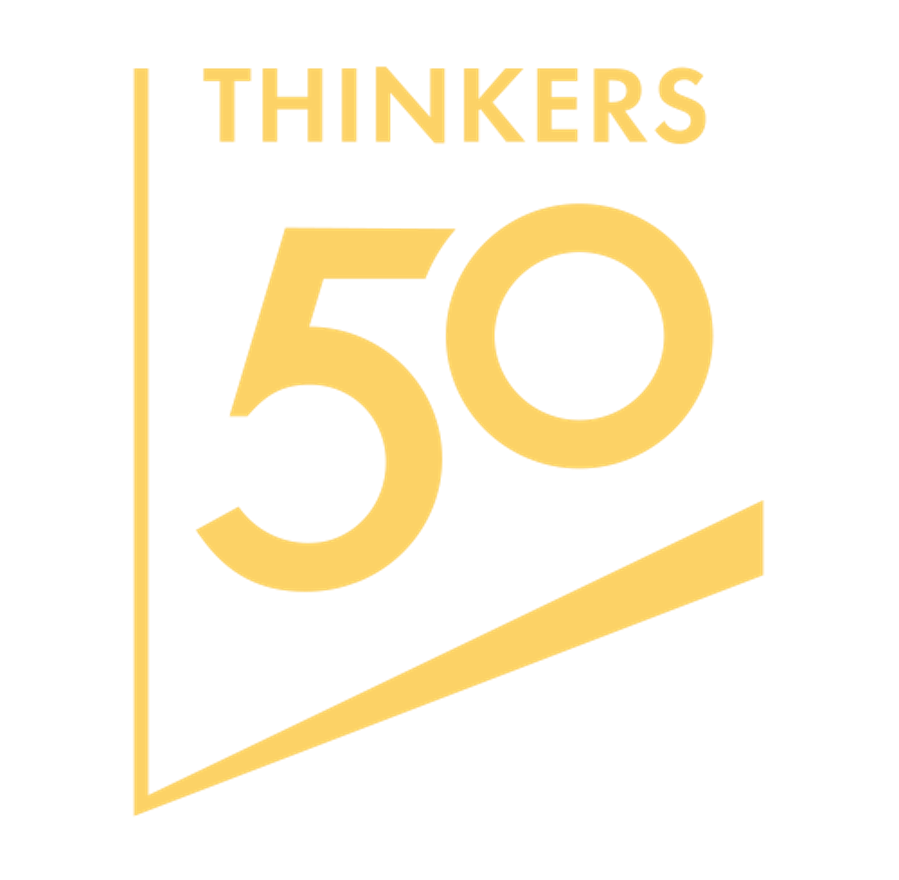
Our discussion pivots around the core message Dr. Esposito projects in his life and work. “A discontinuity from the past is needed for us to see a new future emerging,” he begins, setting the stage for a dialogue that explores the essence of our rapidly evolving societal landscape. “That future emerges not predetermined; it’s largely a construction of what we think it is. It’s this power that is around human-centric systems to project the future; that is what we want to construct and eventually try to execute.” This perspective resonates deeply with me as we navigate the complexities of the present to envisage a future where technology and humanity coalesce harmoniously.
His book, ‘The Great Remobilization,’ addresses the current societal upheaval and the necessity for a new architecture in global systems amidst significant technological transformations. My thesis posits that as society becomes increasingly technology-driven, the importance of human values such as love, compassion, humanity, trust, ethics, and creativity escalates dramatically. This perspective challenges the conventional dynamics of economics and strategy within hypercapitalistic societies, advocating for the integration of these profound human values to foster a more balanced and ethical global framework. “One of the strategic mistakes we have made is to think that technology by itself is enough,” he says. He focuses on the flip side of that and challenges: “Can we use technology to augment humans?
If we start thinking of technology as a driver of human-centric systems, then we could think about addressing some of our major social challenges through technology.
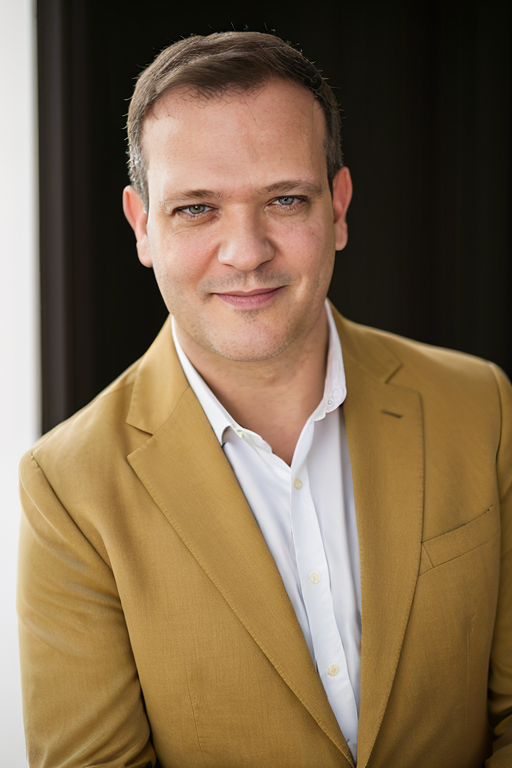
When asked whether AI will replace humans, my response is that I don’t foresee AI taking over human roles entirely within the next 25 years. However, the synergy of humans augmented by AI technology is a powerful combination that could potentially redefine our current roles and capabilities. “It’s a power of thinking that by integrating powerful technology, we also are elevating ourselves,” he concurs.
‘The Great Remobilization: Strategies and Designs for a Global Smarter World’ took shape during the COVID-19 pandemic. Its premise is predicated on a question that arose from the COVID-19 disruption: “Where do we see the global systems and infrastructure moving forward?” Through Dr. Esposito and his co-authors’ networks, they conducted 100 interviews with prime ministers, influential leaders, political leaders, business leaders, and NGOs to investigate the emerging new structure.
What is this emerging new structure? Dr. Esposito encapsulates that in the ‘six Cs’ framework he and his colleagues developed, which provides a comprehensive lens through which to understand the convergences shaping our future.
This framework, as detailed by Dr. Esposito, begins with the cognitive aspect of technology, moving through the impacts of COVID-19 on internet use, the rise of cryptocurrencies and their role in decentralizing value, to cybersecurity challenges and climate change narratives. It culminates with a focus on China’s emerging global influence. He emphasizes the cognitive economy, where technology enhances human capacities rather than replacing them, deeply integrating them into various aspects of life. The increase in web access during COVID-19 signifies a shift towards more decentralized and diverse business models. The goal of this book is to engage a generation of design leaders who are active in building the infrastructure of tomorrow. He adds: “As Sheikh Mohammed says, ‘The future belongs to those who can imagine it, design it, and execute it.’”
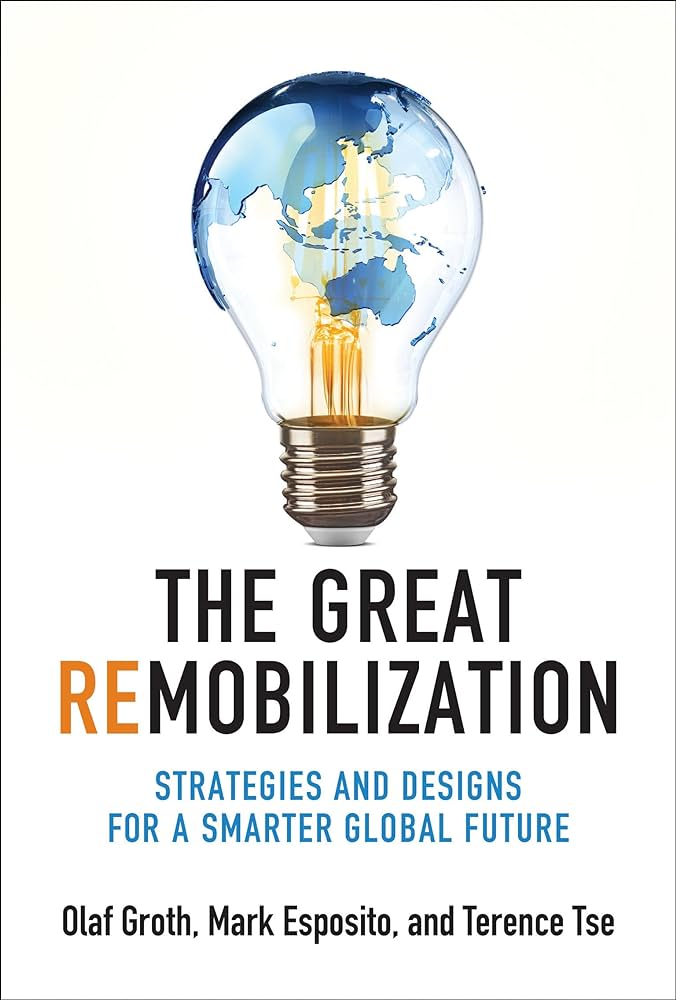
What motivates these large corporations and trillion-dollar entities to embrace this change? Considering their dominant market positions and control, one might wonder why they would feel compelled to alter their course. Dr. Esposito reflects on the dynamic market landscape, where disruptive entities like OpenAI emerge unexpectedly, challenging the status quo of established players. “OpenAI is a perfect example of a company that none of us really had on our radar,” he notes, highlighting the shift in innovation power. He expands to global trends, observing the rise of companies in various regions, from Israeli tech firms to Nigerian fintech, indicating a geographical diversification of innovation. He articulates: “Today’s supply chain innovation is not coming from the U.S. anymore,” suggesting a fundamental shift in the global business ecosystem.
Dr. Esposito posits that while the trajectory of large technology companies might show a lack of incentive to change, grassroots movements and new players are redefining the landscape, introducing a tension between macro and micro levels that wasn’t present before.
Dr. Esposito discusses how technology is increasingly influencing behavior, negating the need for traditional means like military force to impact a nation. Instead, persuasion and manipulation through digital platforms become vital tools. He highlights the ease of brain
manipulation, exacerbated during COVID-19, leading to extreme behaviors. Social media, in his view, has escalated inequality by creating an alternative reality and echo chambers that influence political power, as observed in the US elections. This shift from clear-cut realities to nuanced perceptions presents new challenges in distinguishing authentic information.
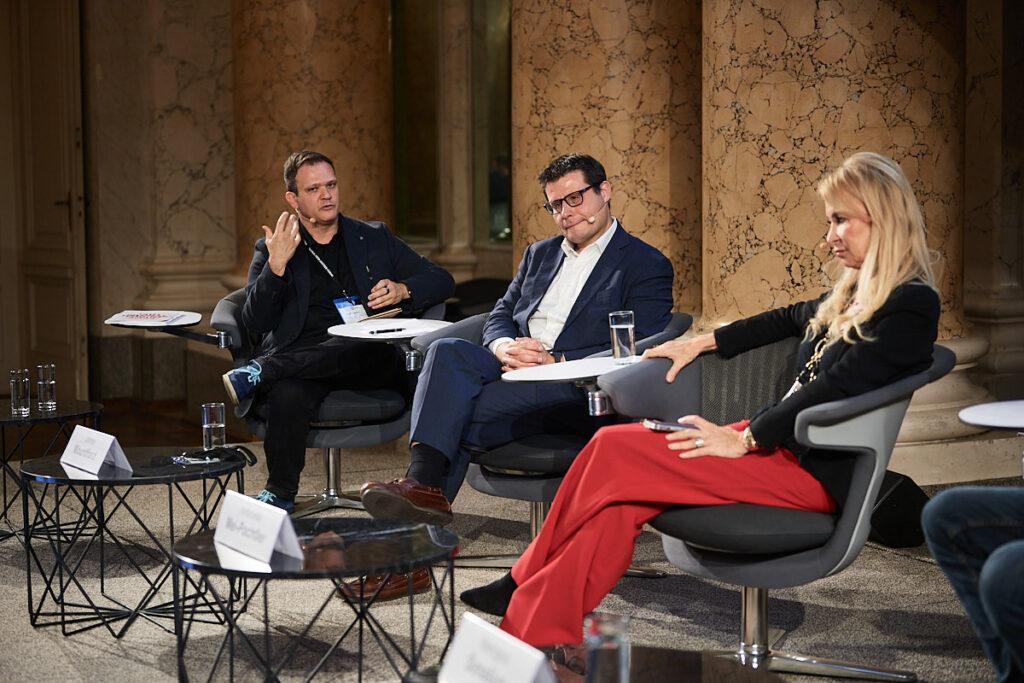
His closing thoughts encapsulate a vision of continuous growth and learning. “The best days are ahead of me,” he muses, encapsulating the spirit of innovation and the relentless pursuit of knowledge that defines our journey into the future.
As I reflect on our conversation, it’s clear that Dr. Esposito’s message for the future is one of hope, resilience, and transformative possibility. Through our dialogue, the essence of ‘Voices of the Future’ emerges not just as a collection of insights but as a clarion call to imagine, design, and execute the future we aspire to, underpinned by the foundational values of humanity, compassion, and ethical stewardship in the face of technological advancement.


